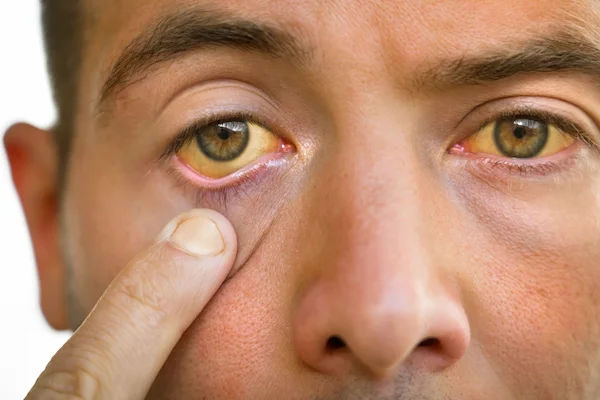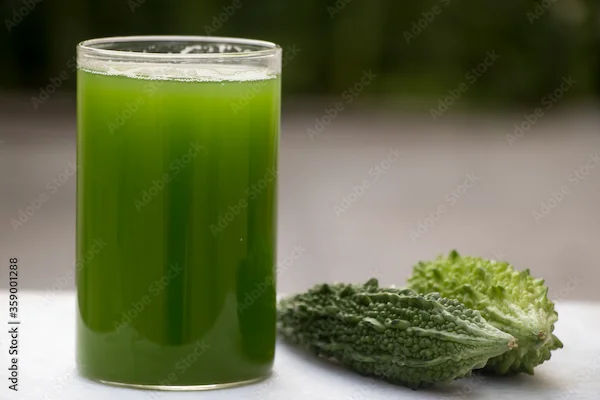Understanding Low Blood Pressure Symptoms
Learn about low blood pressure (hypotension), its common symptoms, causes, and effective ways to manage it. Discover when to seek medical help and how to stay healthy.

Written by Dr. Dhankecha Mayank Dineshbhai
Reviewed by Dr. J T Hema Pratima MBBS, Fellowship in Diabetes Mellitus
Last updated on 13th Jan, 2026

Introduction
Low blood pressure, also known as hypotension, is a condition where your blood pressure drops below the normal range. While high blood pressure often gets more attention, low blood pressure can also affect your health and daily life. If you’ve ever felt dizzy or lightheaded when standing up too quickly, you might have experienced a temporary drop in blood pressure.
In this article, we’ll explore the symptoms, causes, and ways to manage low blood pressure so you can stay informed and take the right steps for your well-being.
What Is Low Blood Pressure?
Blood pressure is the force of blood pushing against the walls of your arteries as your heart pumps it through your body. A normal blood pressure reading is around 120/80 mmHg. If your reading is consistently below 90/60 mmHg, it’s considered low blood pressure.
While some people naturally have low blood pressure without any issues, others may experience symptoms that affect their daily activities.
Common Symptoms of Low Blood Pressure
Low blood pressure can cause different symptoms depending on how severe it is. Some common signs include:
Dizziness or lightheadedness (especially when standing up quickly)
Fainting or near-fainting spells
Blurred vision
Nausea or feeling weak
Fatigue or lack of energy
Rapid, shallow breathing
Cold, clammy skin
Difficulty concentrating
If you frequently experience these symptoms, it’s important to monitor your blood pressure and consult a doctor if needed.
What Causes Low Blood Pressure?
Several factors can lead to low blood pressure, including:
1. Dehydration
Not drinking enough water reduces blood volume, leading to a drop in pressure.
2. Heart Conditions
Weak heart function, irregular heartbeats, or valve problems can affect blood circulation.
3. Nutritional Deficiencies
Low levels of vitamin B12, folate, or iron can cause anaemia, leading to low blood pressure.
4. Medications
Some medicines for high blood pressure, heart disease, or depression can lower BP too much.
5. Pregnancy
Hormonal changes and increased blood flow can temporarily lower blood pressure.
6. Endocrine Disorders
Conditions like thyroid issues, diabetes, or adrenal insufficiency may contribute to hypotension.
7. Severe Infections or Allergic Reactions
Conditions like sepsis or anaphylaxis can cause a dangerous drop in blood pressure.
When Should You See a Doctor?
Occasional mild dizziness may not be a cause for concern, but you should seek medical help if you experience:
Frequent fainting spells
Confusion or difficulty thinking clearly
Chest pain or shortness of breath
Very low blood pressure readings (below 80/50 mmHg)
Severe hypotension can lead to shock, which is a medical emergency requiring immediate attention.
Consult Top Specialists for Personalised Tips
How to Manage Low Blood Pressure
If you have low blood pressure but no serious symptoms, simple lifestyle changes can help improve your condition:
1. Stay Hydrated
Drink plenty of water throughout the day to maintain blood volume.
2. Eat Small, Frequent Meals
Large meals can cause a sudden drop in blood pressure. Opt for smaller, balanced meals.
3. Increase Salt Intake (If Advised by a Doctor)
A slight increase in salt can help raise blood pressure, but check with your doctor first.
4. Wear Compression Stockings
These help improve blood circulation, especially if you experience dizziness when standing.
5. Avoid Standing Up Too Quickly
Rise slowly from sitting or lying down to prevent dizziness.
6. Exercise Regularly
Light exercises like walking or yoga can improve circulation and heart health.
7. Limit Alcohol
Alcohol can dehydrate you and lower blood pressure further.
When to Consider Medical Help
If lifestyle changes aren’t helping or if your symptoms are severe, consult a doctor. They may recommend:
Adjusting medications that may be causing low BP
Tests to check for heart, thyroid, or nutritional deficiencies
Prescription medications (in rare cases) to raise blood pressure
Conclusion
Low blood pressure isn’t always a problem, but if it causes discomfort or frequent symptoms, it’s important to take steps to manage it. Simple changes like staying hydrated, eating well, and moving carefully can make a big difference.
Consult Top Specialists for Personalised Treatment
Consult Top Specialists for Personalised Tips

Dr. Swaroopa Rani
General Physician/ Internal Medicine Specialist
9 Years • MBBS, MD (Internal Medicine)
Bengaluru
Apollo Medical Center, Marathahalli, Bengaluru

Dr. Tamal Bhattacharyya
Pulmonology Respiratory Medicine Specialist
8 Years • MBBS, MD (Respiratory Medicine)
Kolkata
MCR SUPER SPECIALITY POLY CLINIC & PATHOLOGY, Kolkata

Dr. Santanu Mandal
General Physician/ Internal Medicine Specialist
18 Years • MD (Physician), DNB (General Medicine)
Kolkata
MCR SUPER SPECIALITY POLY CLINIC & PATHOLOGY, Kolkata
(25+ Patients)

Dr. Soumen Paul
General Physician/ Internal Medicine Specialist
24 Years • MBBS
Kolkata
MCR SUPER SPECIALITY POLY CLINIC & PATHOLOGY, Kolkata
(50+ Patients)

Dr. Shiv Krishna Mitra
General Physician/ Internal Medicine Specialist
15 Years • MBBS GEN. MED. PGDRM, MCH
Kolkata
Samaritan Clinic, Kolkata
Consult Top Specialists for Personalised Treatment

Dr. Swaroopa Rani
General Physician/ Internal Medicine Specialist
9 Years • MBBS, MD (Internal Medicine)
Bengaluru
Apollo Medical Center, Marathahalli, Bengaluru

Dr. Tamal Bhattacharyya
Pulmonology Respiratory Medicine Specialist
8 Years • MBBS, MD (Respiratory Medicine)
Kolkata
MCR SUPER SPECIALITY POLY CLINIC & PATHOLOGY, Kolkata

Dr. Santanu Mandal
General Physician/ Internal Medicine Specialist
18 Years • MD (Physician), DNB (General Medicine)
Kolkata
MCR SUPER SPECIALITY POLY CLINIC & PATHOLOGY, Kolkata
(25+ Patients)

Dr. Soumen Paul
General Physician/ Internal Medicine Specialist
24 Years • MBBS
Kolkata
MCR SUPER SPECIALITY POLY CLINIC & PATHOLOGY, Kolkata
(50+ Patients)

Dr. Shiv Krishna Mitra
General Physician/ Internal Medicine Specialist
15 Years • MBBS GEN. MED. PGDRM, MCH
Kolkata
Samaritan Clinic, Kolkata




